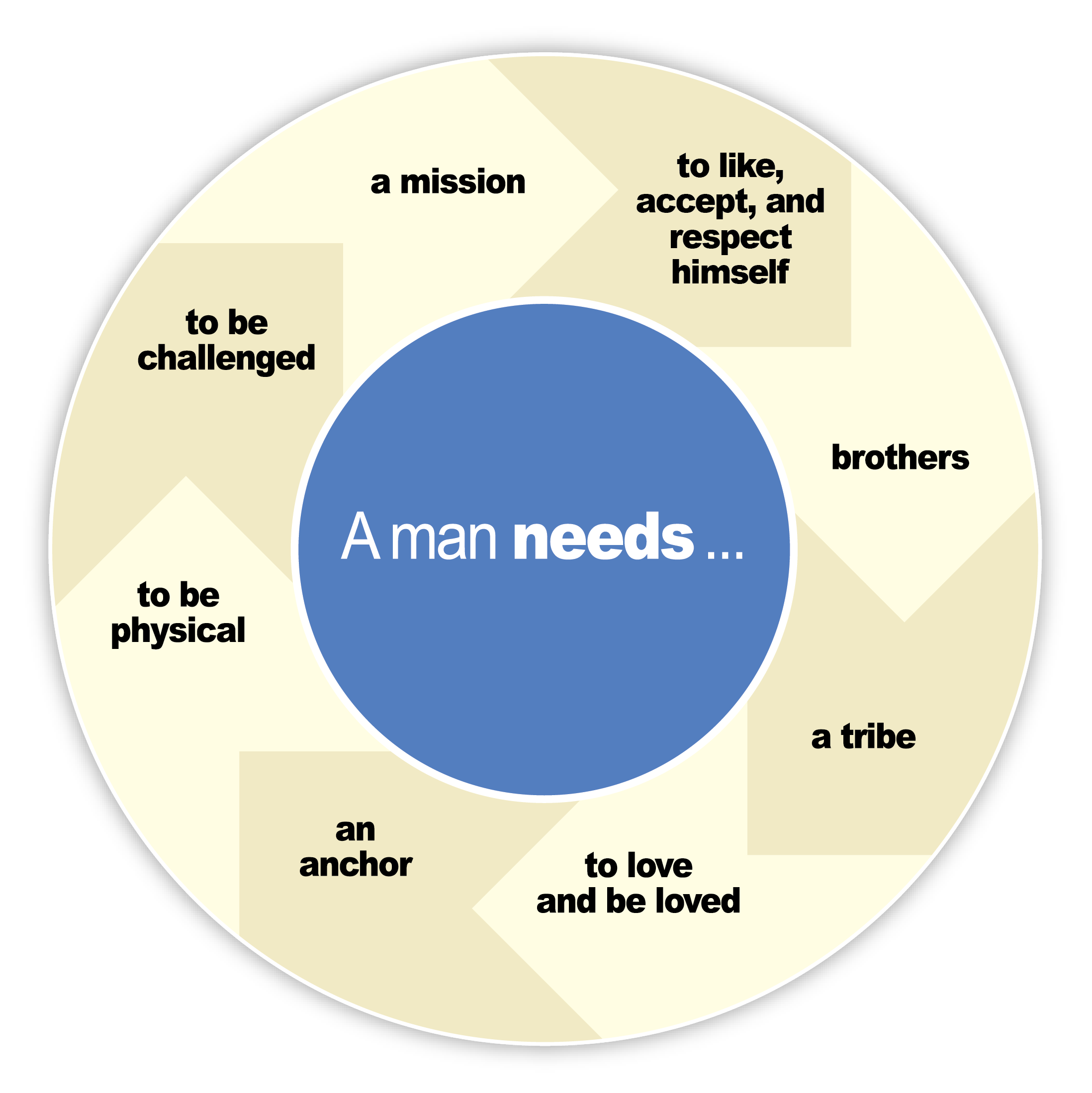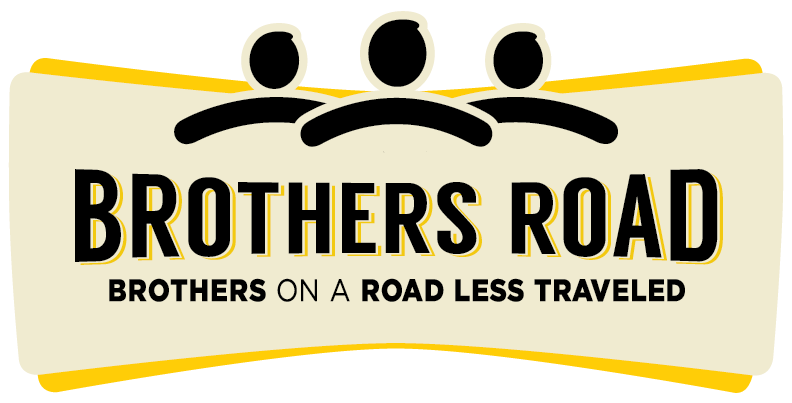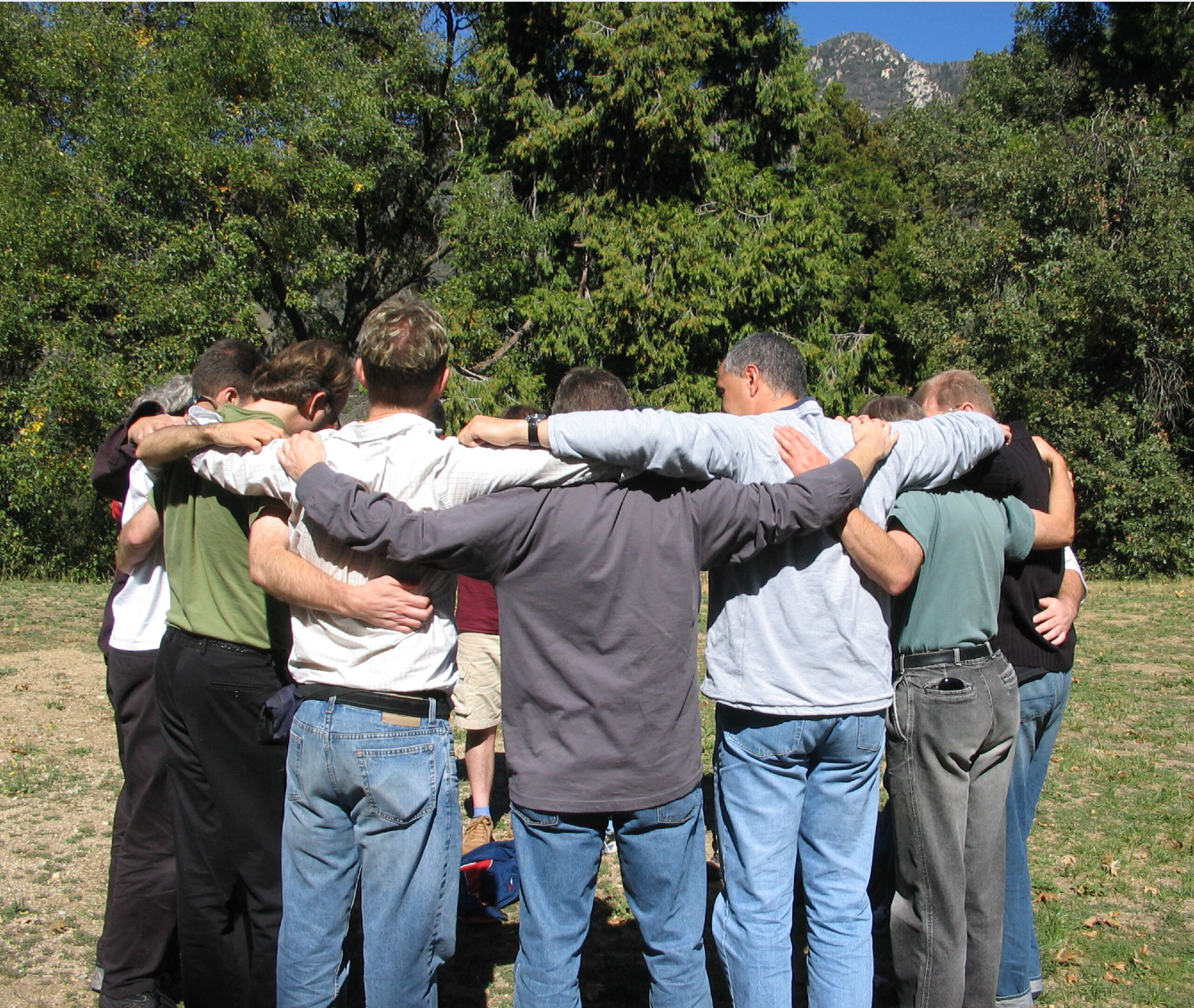Our Journey
We are on a journey of self-discovery to explore and address underlying issues and embrace our authentic masculinity. The core of this journey we call “M.A.N.S. Work.”
M.A.N.S. Work:
Needs Fulfillment
We were going about it all wrong.
Most of us spent years suppressing our true feelings and denying our underlying needs. After all, our feelings and unmet needs seemed to only cause us pain, or to spur us to act on them in ways that we inevitably regretted.
Many of us were unaware that we even had core needs. We were oblivious that when we tried to suppress those needs, they would come out sideways, demanding to be met by any means necessary. Others may have judged and shamed us (and we shamed ourselves, too!) for our supposed lack of control, when what we really needed was to discover and meet our core needs in healing, affirming ways, so they wouldn’t erupt into destructive behaviors when ignored.


When we suppress and deny needs like these, we’ve found they can express themselves in harmful ways, such as through unhealthy relationships, self-hate, shame, and destructive methods of self-comforting.
Without a safe place where he knows he belongs and is accepted and wanted, a man is at risk of joining any group that will have him, no matter how unhealthy the group (even gangs or cults). Alternatively, he can fall into a life of abject isolation, where he may suppress ALL of his core needs.

A man needs to love and be loved
When a man doesn’t get this need met, he can lose passion for life and numb out on auto-pilot instead. He can lose his anchor, identity, and sense of value.
Uncovering Our Core Needs
- We accept the reality that we have core needs and that we are worthy of getting them met in healthy ways.
- We become willing to look with genuine curiosity (no shame or self-blame!) at what unhealed wounds or unmet needs may be underpinning and feeding our emotional pain, lusts, unhealthy relationships or self-limiting thoughts and behaviors.
- We recognize times where our underlying needs may be authentic, but how we’ve gone about trying to meet those needs may be counter-productive, to say the least. (Example: Loneliness is an authentic emotion. Love and community are authentic core needs. But pornography can be a very unhealthy and useless means of trying to resolve loneliness or meet the need for love.)
- We accept that just because we have a very strong want, doesn’t make it a need. (Sex, for one, can be a very strong desire or urge, but no one every died or failed to thrive solely from lack of sex.)
- We discover that core needs can be met by a variety of relationships and in a variety of means. There is never a need for one particular person to meet our needs, at the exclusion of all others (“But I’ll die without you!”), no matter how strongly we may want it. That would be emotional dependency.
Meeting Core Needs in Healthy Ways
- We take the risks to begin to meet our core needs in authentic, healthy ways.
- Especially vital at the outset of this work are core needs for love and acceptance (“A man needs brothers”), community and belonging (“A man needs a tribe”), and self-worth (“A man needs to genuinely like and accept himself as he is”). Some of us find this through family circles, in church or faith groups, in healing or personal-growth communities, or in informal networks of supportive “brothers.”
Our Stories
While our experiences are not universal, they are very common in our community. This is what works for us.
I’ve come to realize that this attraction is an emotional one for me. When my core emotional needs are met by my associations with men in healthy, non-sexual ways, my SSA automatically decreases.
It was incredibly liberating to come to understand that my attraction to other men at its core wasn’t because of homosexuality per se but because of a deeper unmet need for me to connect with my own masculinity in order to complete my growth.
Through the work I’ve done at Journey into Manhood and through Journey Together, I have come to see that the roots of my same-sex attraction — personally speaking — nclude my unfulfilled needs of feeling accepted and affirmed by my male peers, feeling masculine within myself, and feeling connected to a father figure.
A key for me has been to “hit the pause button” when I’m experiencing same-sex lust and identify which of these needs is feeling unaddressed. Then I can take steps to mitigate the felt need, sometimes through reminding myself of times when I felt masculine and connected with peers, and sometimes reaching out to male friends for connection.
Discovering I have a need for touch, particularly by men. I had sabotaged my healing by vowing to never hug another man 20 years ago, which resulted in years of watching porn of men touching one another. Now I realise touch is one of my main needs, and I can seek to get this need met through non-sexual touch, such as hugs. A helpful book in this area is “A Bigger World Yet” by Tim Timmerman.
I’ve found a regular buddy to work out with for daily bonding in healthy ways at the gym, not just physically but emotionally. This is my biggest need to fulfill.
I’ve learned to ponder the underlying non-sexual attraction and allow myself the space and acceptance necessary to grieve for the corresponding unmet need.
I realized that my homosexual desires were pointing to what I really wanted and needed — authentic connection with other men. I began to nourish authentic male friendships in my everyday life.
Most helpful was realizing that first I had to accept myself just the way I was, then realizing that nothing was wrong with me because of my homosexual attractions. I wasn’t “born that way”; the same-sex attractions came about because I didn’t feel like I belonged in the world of men, and because I saw women as smothering, selfish, and needy. Then I was able to work on changing those beliefs instead of focusing on the homosexual attractions.
Counseling has been the most beneficial resource to enable me to discover my true needs, meet those needs authentically, and grow to love and accept myself and others. In-person programs and reading have also helped.
Every man has the need to be affirmed by his male peers and accepted as a male. He needs appropriate male affection to understand how he belongs in the world or men. As I have discovered my own unmet needs, I have learned ways I can develop meaningful and intimate relationships in healthy non-sexual friendships that meet my core needs.
After joining Sexaholics Anonymous, I could start to work on what my core emotional needs were. This ties into a goal that I set with my therapist to have a group of at least 18 men to interact with. Some men are from SA groups, others help me work on sports, others are guys I go to lunch with, while others are friends from my religious community. Asking a man who does not struggle with SSA to hold me throughout the years has also been very healing for me.
Reaching out to friends and loved ones and showing vulnerability has been a huge challenge and blessing. It’s owning being human and limited. Owning that I have needs and sometimes recognizing or learning what they are.
Brothers Road has helped me to realize a core need that had not been realized in my life: the need for intimacy. I’ve had intimacy in relationship to family and friends, but not at a core level as God intended. I was simply too afraid to ever share my same gender struggle with another person, thereby alienating me from dating and intimacy.
Brothers Road and my local support network have helped me to learn that such authenticity and transparency is not only accepted but valued. This realization has changed my world. I am now ready (and excited) to “put myself out there” and find the right woman to share and accept my story.
I used to deny that I even had needs. Needs? What are those? I’m doing just fine. As my journey has progressed, I find I am much more comfortable stating my needs to both men and women. I am aware of how I’m feeling, and I am willing to share it.
One of the huge fallacies I believed was that I had to get my needs met specifically from a certain person in a certain way. I needed this guy for this reason. Or, if my dad would acknowledge me and my career choice. I was placing demands on others, and when they didn’t meet my needs the way I expected, I felt cheated and blamed them.
Once I identified what my core needs really were and then trusted God to bring people into my life to fulfill those needs, without demand — that’s when miracles started to happen.
When I turned my core needs into demands by requiring that they be met by a certain person a specific way, then I fell into emotional dependency, or I converted the legitimate need into an addiction. Being able to identify and then request from others a need without any expectation of how they might meet that need changed everything.
Getting my needs met by allowing God to work his miracles in my life is the most fulfilling experience of this work!
I have learned that when I regularly meet my needs for positive, non-sexual male intimacy, the intensity of my SSA is significantly reduced.
My core relational needs are still for men, but I have found considerable ways of meeting those needs in non-sexual ways in brotherhood that are completely filling, and lacking nothing. These brothers are family. It is only when I am not getting my needs met in healthy, consistent, non-sexual ways that I can find myself beginning to objectify men.
My same-sex attraction is modestly diminished, but far more importantly, I am comfortable with that as a part of who I am, open about it with my friends, and have mostly found a way to get those needs for intimacy met with men through non-sexual outlets.
The only times when same-sex sexual feelings attractions and desires start to creep back into my life are when I feel I am unable to connect with men in a healthy, non-sexual way.


